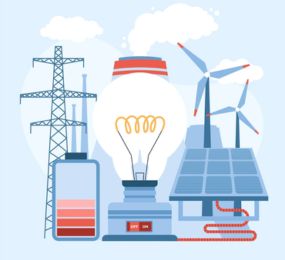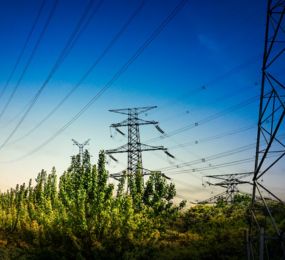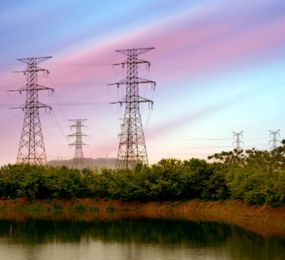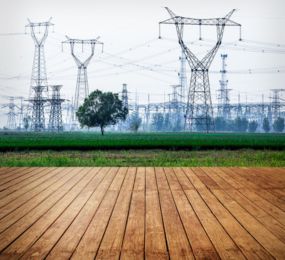Blockchain technology, renowned for its decentralized and secure nature, is ushering in a new era in the power industry, particularly in the domain of transactions. As power grids embrace digital transformation, blockchain is emerging as a transformative force in enhancing the security, transparency, and efficiency of energy transactions.
1. Decentralized Ledger for Transparency:
Blockchain operates on a decentralized ledger system, meaning that information is distributed across a network of computers rather than being stored in a central database. This decentralization ensures transparency in power grid transactions, as every participant in the network has access to the same information, eliminating the need for intermediaries.
2. Enhanced Security through Smart Contracts:
Smart contracts, self-executing contracts with the terms of the agreement directly written into code, are a hallmark of blockchain. In power grid transactions, smart contracts ensure that agreements are automatically executed when predefined conditions are met, reducing the risk of fraud and enhancing the security of transactions.
3. Streamlining Energy Trading:
Blockchain facilitates peer-to-peer energy trading by allowing consumers with excess energy to directly sell it to others within the network. This streamlining of energy trading not only reduces dependency on centralized authorities but also fosters a more dynamic and efficient energy market.
4. Immutable Records for Accountability:
Once information is added to the blockchain, it becomes virtually impossible to alter. This immutability ensures a secure and tamper-proof record of transactions, fostering accountability within the power grid ecosystem. Utilities, regulators, and consumers can have confidence in the integrity of the data recorded on the blockchain.
5. Real-time Settlements and Reduced Costs:
Traditional energy transactions often involve multiple intermediaries and a delayed settlement process. Blockchain enables real-time settlements, reducing the time and costs associated with transaction processing. The efficiency gains are particularly valuable in a rapidly changing energy landscape.
6. Integration with Renewable Energy Certificates:
Blockchain is instrumental in the verification and tracking of renewable energy certificates. By providing a transparent and auditable trail of renewable energy generation, blockchain supports the integration of renewable energy sources into the power grid.
Blockchain technology is revolutionizing power grid transactions, introducing a new paradigm of security, transparency, and efficiency. As the energy sector continues to evolve, the potential of blockchain to reshape how we transact and interact within power grids is a promising glimpse into the future of decentralized and digitally enhanced energy ecosystems.
Visit our website to register and secure your spot today! click here: https://bit.ly/3peklYc
For more information and group participation, contact us: [email protected]
















